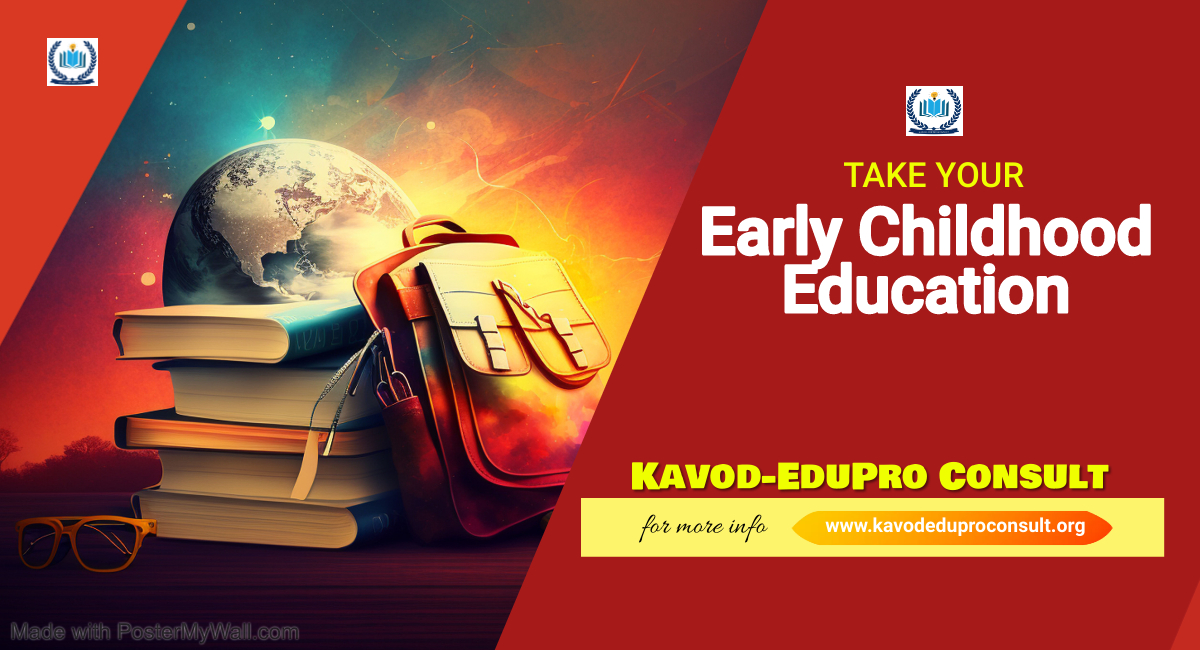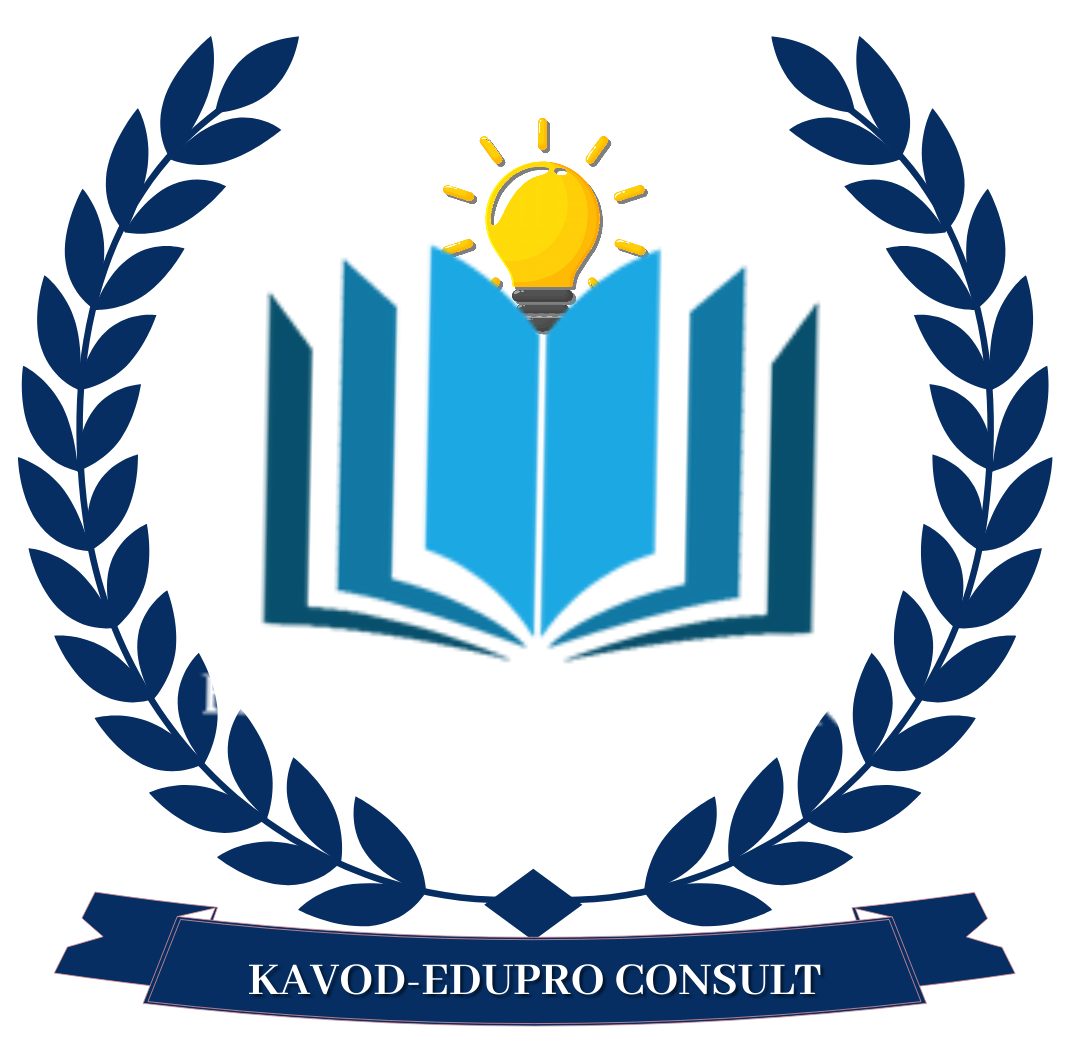![]()
Education has undergone significant changes in recent years, prompting questions about whether schools are adequately preparing students for the demands of 21st-century learning.
The foundational stages of education are particularly crucial, as they allow students to build progressively on the knowledge and skills acquired in their early years. However, a growing focus on prekindergarten (pre-K) programs for children aged 3 and 4 has raised questions about what makes an effective early childhood educator. As Blank (2010) highlights, educational institutions face the challenge of evaluating teacher effectiveness in an ever-evolving landscape.
This article explores the current challenges in early childhood teacher education, emphasizing the importance of professional training in equipping educators with 21st-century teaching skills. It also delves into contemporary discussions on best practices and the essential qualities of early childhood educators.
Case Study: A Fourth-Grade Classroom Experience
As a fourth-grade teacher in an international school, I have observed that students often struggle with critical thinking and applying concepts to real-life situations when answering questions. Additionally, many students find it challenging to collaborate effectively in group tasks. These observations raise concerns, as critical thinking, problem-solving, collaboration, and creativity are key competencies needed for success in the 21st century. Scholars argue that modern education must focus on fostering these four essential learning traits from early childhood through higher education.
Stipek and Byler (1997) assert that both pre-service and in-service teachers must be capable of fostering high-order thinking skills in their students. However, many educators today are not equipped with the necessary tools and training to effectively teach these skills, leading to gaps in student readiness for the modern workforce.
The Role of Digital Technology in Education
The rapid rise of digital technology has significantly altered educational patterns, forcing classrooms to evolve in order to provide students with the skills necessary to thrive in a technology-driven world. There is now a prevailing belief that schools have a responsibility to prepare children for a future where many current occupations may no longer exist.
Children today are exposed to digital tools from a young age, quickly learning to navigate technology in their daily lives. Benner and Hatch (2010) note that young children now display new skills, such as sending emails, managing virtual pets, and sharing images on social media platforms. This exposure requires educators to be proficient in guiding students toward acquiring 21st-century skills. To prepare students for the future, teachers must integrate these skills into the classroom from the earliest stages of education.
The Need for 21st-Century Skills in Education
Benner and Hatch (2010) emphasize that in a rapidly changing world, children who possess the ability to collaborate, communicate, think critically, and be creative will be better equipped to navigate adulthood. However, a study by Kim et al. (2019) points out that one of the major barriers to achieving the desired improvement in these skills is the lack of understanding around effective teaching methods and professional development strategies for teachers.
The National Education Association (NEA) has also stressed the importance of these 21st-century skills—often referred to as the “4 Cs” (critical thinking, communication, collaboration, and creativity). The NEA argues that individuals entering the workforce without these skills risk becoming obsolete in a rapidly changing economy. It is therefore essential to prioritize teaching students how to learn, rather than simply focusing on the content of what is being learned. This shift in focus will ensure that children are prepared to become independent creators and contributors in society.
Conclusion
The need for 21st-century skills in education cannot be overstated. From kindergarten to university, teachers must be equipped with the skills to guide students in critical thinking, creativity, collaboration, and communication. The rapid evolution of technology is transforming education, and students are being exposed to these tools at an early age. Yet, current teacher training and teaching practices may not be enough to fully prepare educators for this task.
To ensure that students are ready to thrive in the future, it is essential to emphasize 21st-century skills from the earliest stages of education. Doing so will not only help children become successful in school but also equip them to be innovative, independent contributors in the world beyond the classroom.
References
Benner, S. M., and Hatch, J. A. (2010). From the editors: Preparing early childhood educators for 21st century children. Journal of early childhood teacher education, 31(2), pp. 103–105.
Blank, J. (2010). Early childhood teacher education: Historical themes and contemporary issues. Journal of early childhood teacher education, 31(4), pp. 391–405.
Kim, S., Raza, M., and Seidman, E. (2019). Improving 21st-century teaching skills: The key to effective 21st-century learners. Research in comparative and international education, 14(1), pp. 99–117.
Stipek, D. J., and Byler, P. (1997). Early childhood education teachers: Do they practice what they preach? Early childhood research quarterly, 12(3), pp. 305–325.


Leave a Reply